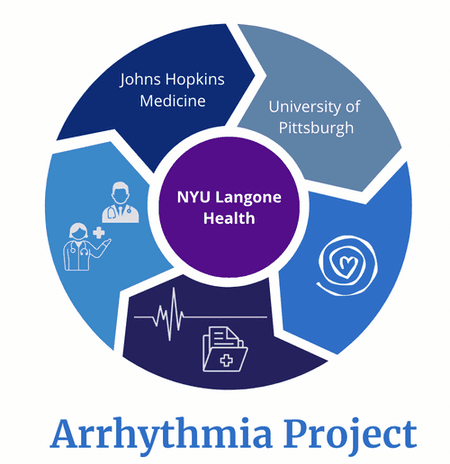
Barth syndrome is an ultra-rare disease with a recorded history of arrhythmias in our community of affected individuals. The challenges of addressing the burden and prevalence of a rare cardiac event within an ultra-rare disease community has long left this ever-present concern in the “too hard” pile. However, with the elevation of “Clinical Unmet Needs” as one of BSF’s Strategic Initiatives, resources were allotted to facilitate an inclusive partnership spanning grant applicants, members of our Scientific & Medical Advisory Board, domestic and international cardiologists, and the father of an affected individual, resulting in the Barth Syndrome Arrhythmia Project.
Funded by BSF and Barth France through the Strategic Initiatives Program (SIP), the Barth Syndrome Arrhythmia Project aims to lay a foundation for understanding the natural history of Barth syndrome through analyzing clinical data from medical records, recruiting participants for extended cardiac rhythm monitoring, and combining precise variant data. The Arrhythmia Project is a multi-faceted research effort that spans multiple sites to determine the burden and progression of cardiac disease in Barth syndrome through a robust patient registry and observational study in a large cohort of Barth syndrome patients.
The registry component, or the “Collaborative Clinical Registry for Barth Syndrome,” aims to develop a patient registry with comprehensive clinical datasets from diverse sources. The Observational Study piece of the project will consist of a retrospective and an eventual prospective arm, focusing on the progression of heart muscle weakness and rhythm disturbances in Barth syndrome. It is hoped that the Arrhythmia Project will serve as a model for other mitochondrial cardiomyopathies and rare diseases.
Meet the Working Group
Learn More
For information and questions, contact BSF's Research Associate: Melissa Huang, PhD (melissa.huang@barthsyndrome.org).
Learn more about the Arrhythmia Project and other research projects through our Active Grants page.













